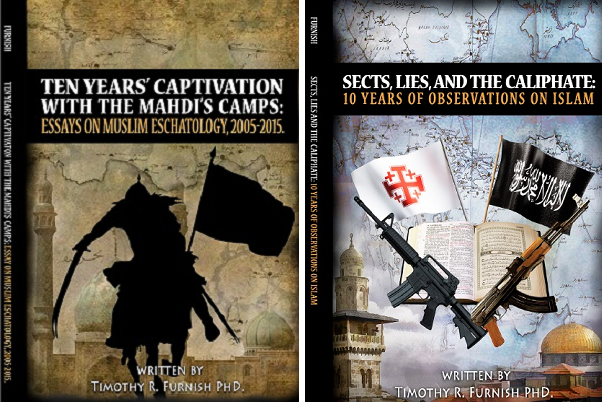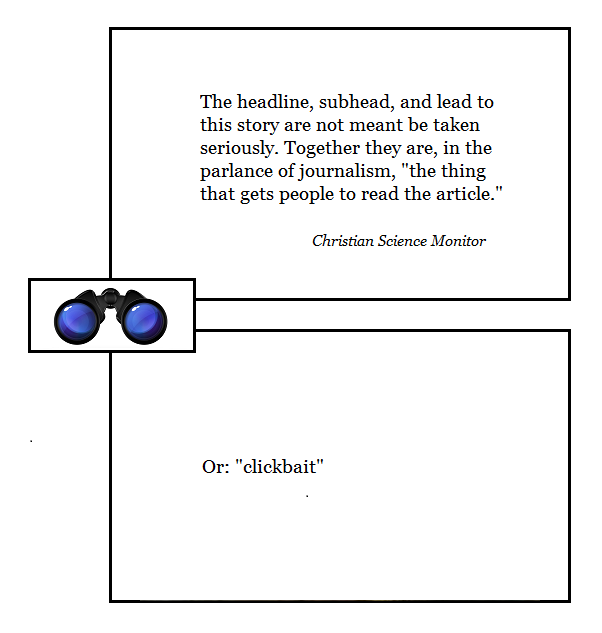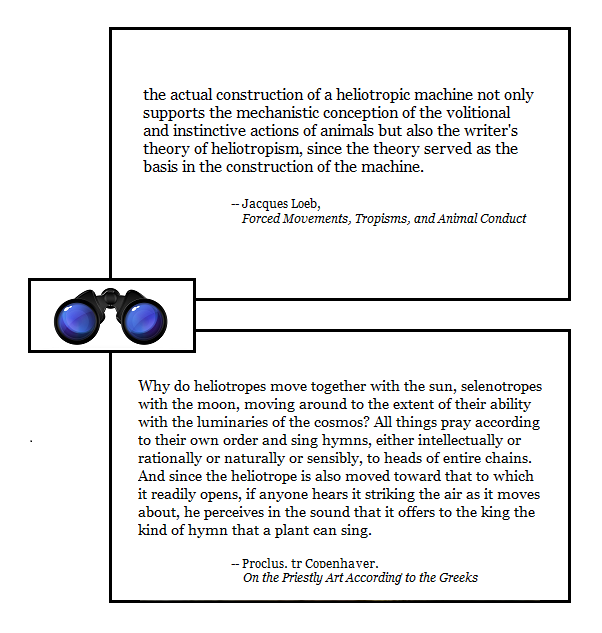Politics as a cabinet of curiosities
Tuesday, January 19th, 2016[ by Charles Cameron — see for yourselves — with a theological chaser, for what it’s worth ]
.
I’ve been amused, educated, annoyed and entertained by political videos this week. Samples of what’s out there:
Ted Cruz endorsed by a Wild Man:
How Donald Trump talks, #1 — edited for emphasis:
How Trump talks, #2 — analyzed for (Fascinatingly efficient) technique:
** ** **
And perhaps most bizarre of all, Ted Cruz critiqued by Kathleen Parker:
Cruz had said:
If we awaken and energize the body of Christ– if Christians and people of faith come out and vote our values– we will win and we will turn the country around.
Parker comments:
One observation. I don’t know… this seems to have slipped through the cracks a little bit but Ted Cruz said something that I found rather astonishing. He said, you know, “It’s time for the body of Christ to rise up and support me.” I don’t know anyone who takes their religion seriously who would think that Jesus should rise from the grave and resurrect himself to serve Ted Cruz. I know so many people who were offended by that comment. And you know if you want to talk about grandiosity and messianic self-imagery I think he makes Ted Cruz makes Donald Trump look rather sort of like a gentle little lamb.
For the record, Paul makes it explicit in I Corinthians 12. 27 that the members of the Christian community have become the “body of Christ”:
Now ye are the body of Christ, and members in particular.
Parker exposes an ignorance of basic Christian doctrine, and in her lack of cultural awareness betrays the weak point of a journalism that lacks religious insight — a topic near and dear to me.
**
It is clear that the Christ of the gospels anticipated the breaking of his body and spilling of his blood at the crucifixion, breaking bread which he termed “my body” and sharing a cup of wine at the Last Supper, inviting his disciples to eat and drink and thus partake of him, with a poetic precision that entailed their corporately digesting him and incorporating himself and his mission, body and mind, in themselves.
Yet while this is the record given in the three Synoptic gospels at Matt. 26. 26-29, Mark 14. 22-25 and Luke 22. 17-20, and indeed the foundation of the Eucharist, John’s gospel makes no mention of it. In its place, John offers the great prayer of union — this is my personal reading: I can’t speak for others, and I’m a poet first and foremost — which says in high poetry (John 17. 21-24) what the synoptics have expressed in metaphor:
That they all may be one; as thou, Father, art in me, and I in thee, that they also may be one in us: that the world may believe that thou hast sent me.
And the glory which thou gavest me I have given them; that they may be one, even as we are one: I in them, and thou in me, that they may be made perfect in one; and that the world may know that thou hast sent me, and hast loved them, as thou hast loved me. Father, I will that they also, whom thou hast given me, be with me where I am; that they may behold my glory, which thou hast given me: for thou lovedst me before the foundation of the world.
Thus as Alan Watts puts it:
When there is dismemberment in the beginning there is remembrance at the end — that the fulfillment or consummation of the cosmic game is the discovery of what was covered and the recollection of what was scattered.
Thus the body is broken, blood spilled — but not before body and blood have been shared, ingested, digested — and where his single physical body was, the church — body of the bodies of his followers — remains, to perpetuate his task.






